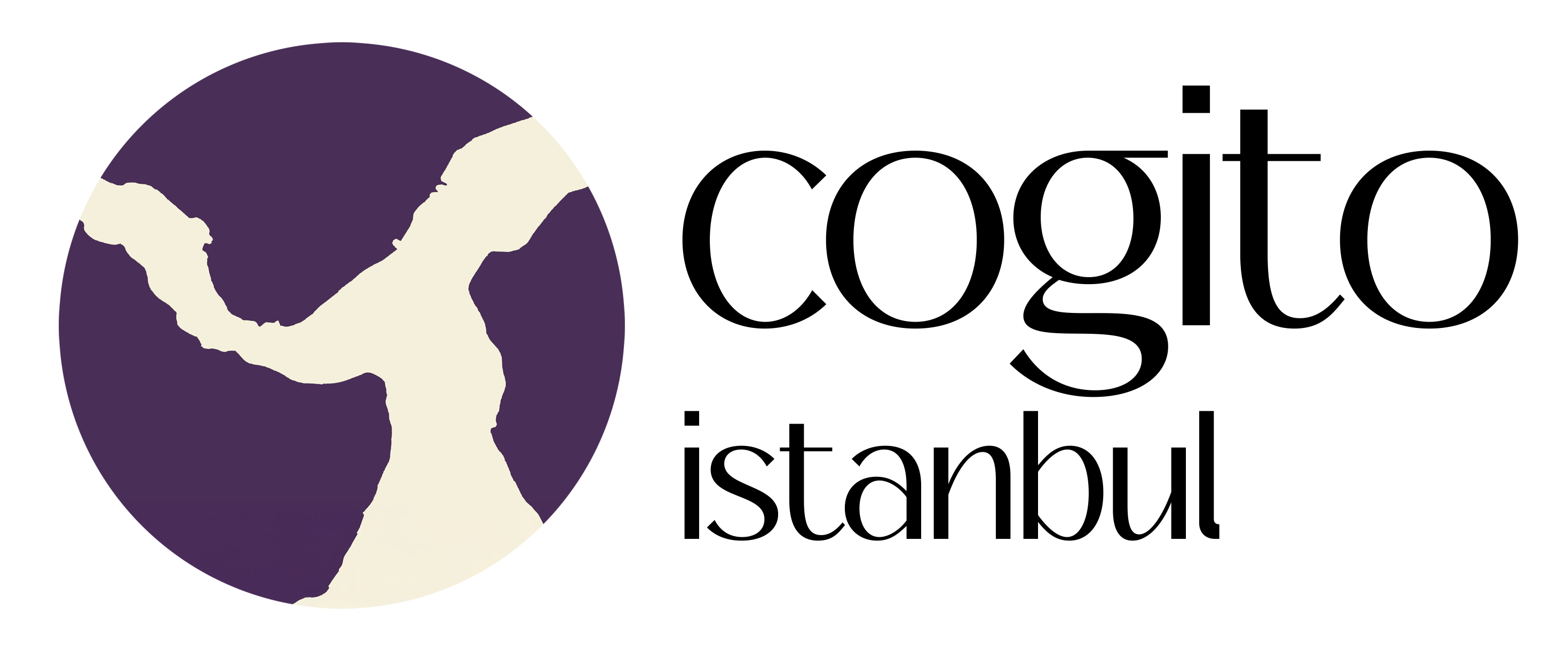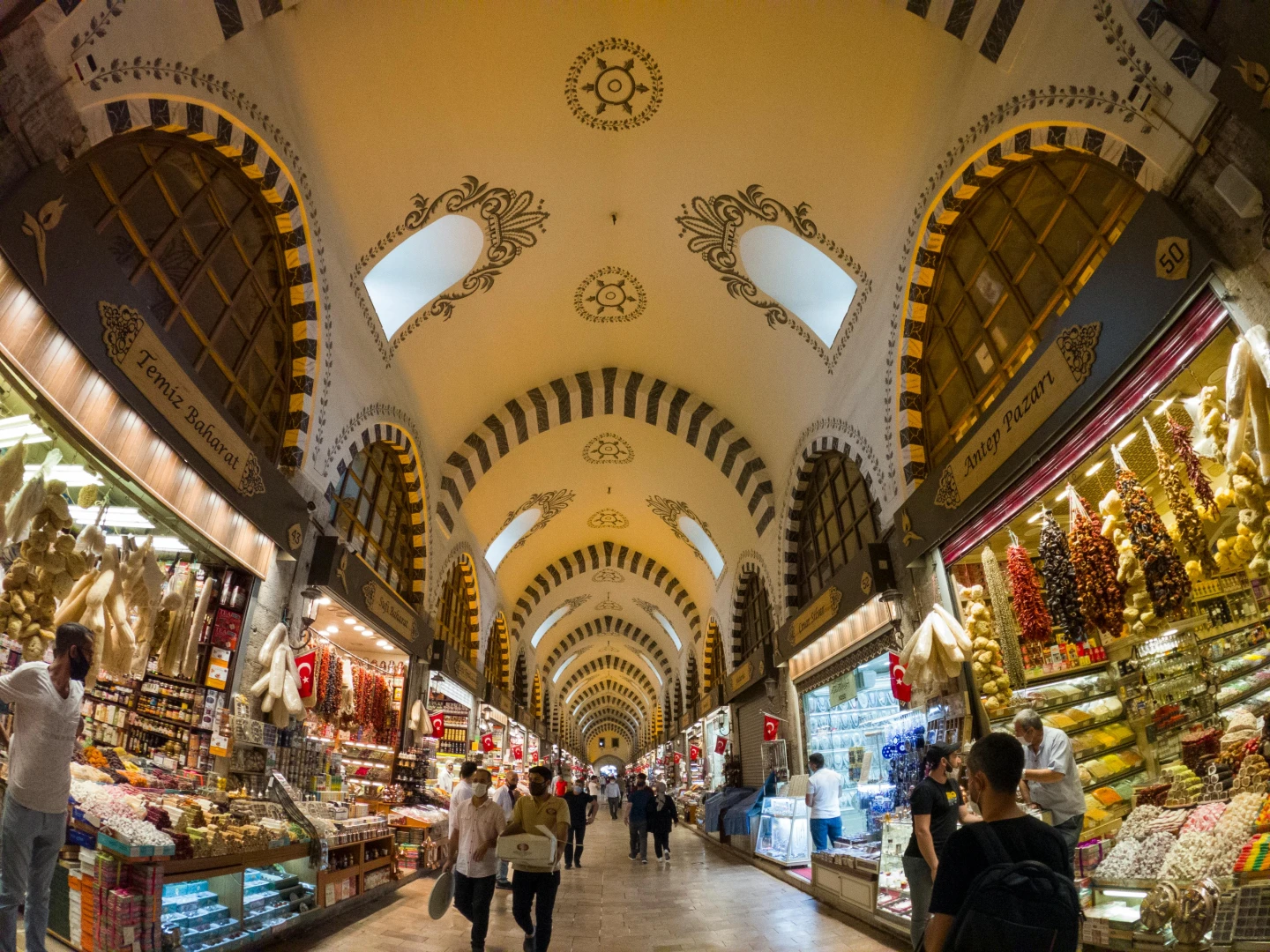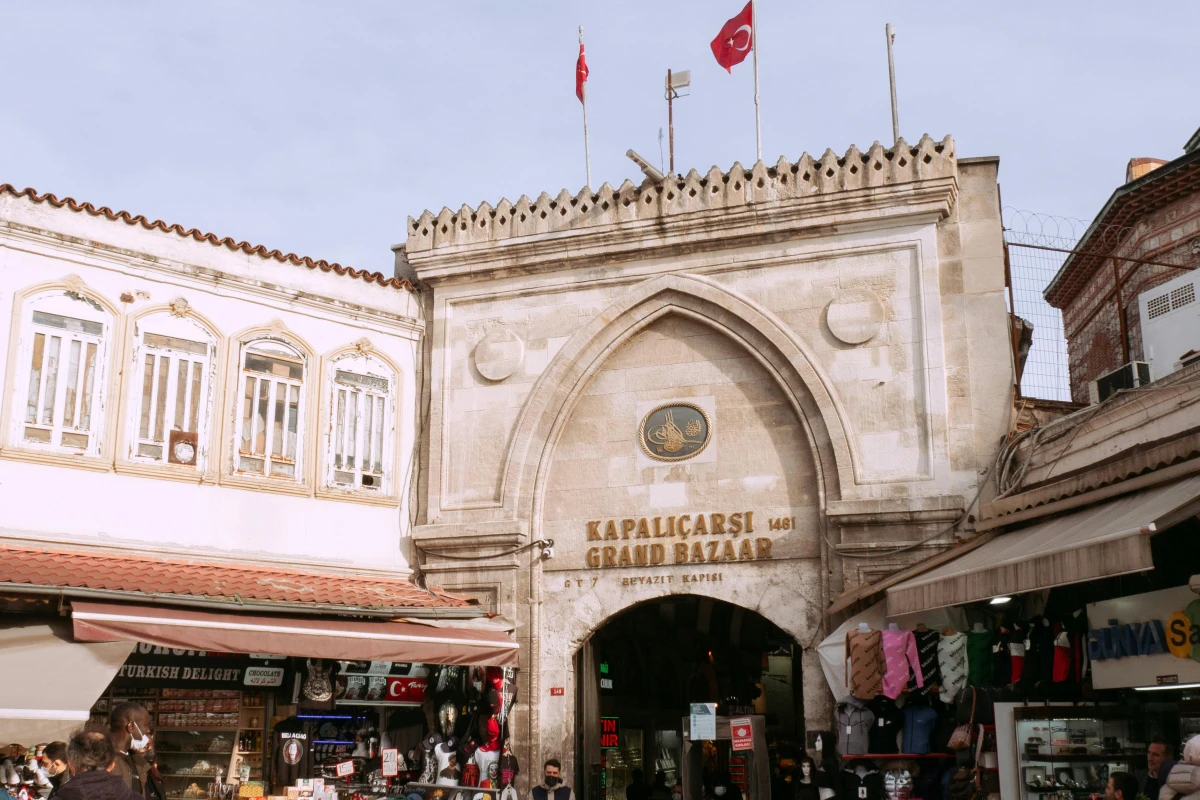Discover the scents, stories, and timeless charm of Istanbul’s most aromatic bazaar.
A Marketplace Born from Empire and Trade
Discover the bazaar that became central to Ottoman power by sitting at the crossroads of historic spice trade routes. Yes, this is the very location that led Western powers to seek new paths to India, ultimately sparking the discovery of the American continent, the so-called New World.
Located in the heart of the Eminönü district, the Spice Market—or Mısır Çarşısı in Turkish—is one of Istanbul’s oldest covered bazaars. Constructed in the 1660s as part of the New Mosque (Yeni Cami) complex, the market was designed to generate income for the mosque. Goods from India and the Far East would traditionally arrive in Istanbul via Egypt, so locals call it the "Egyptian Bazaar."
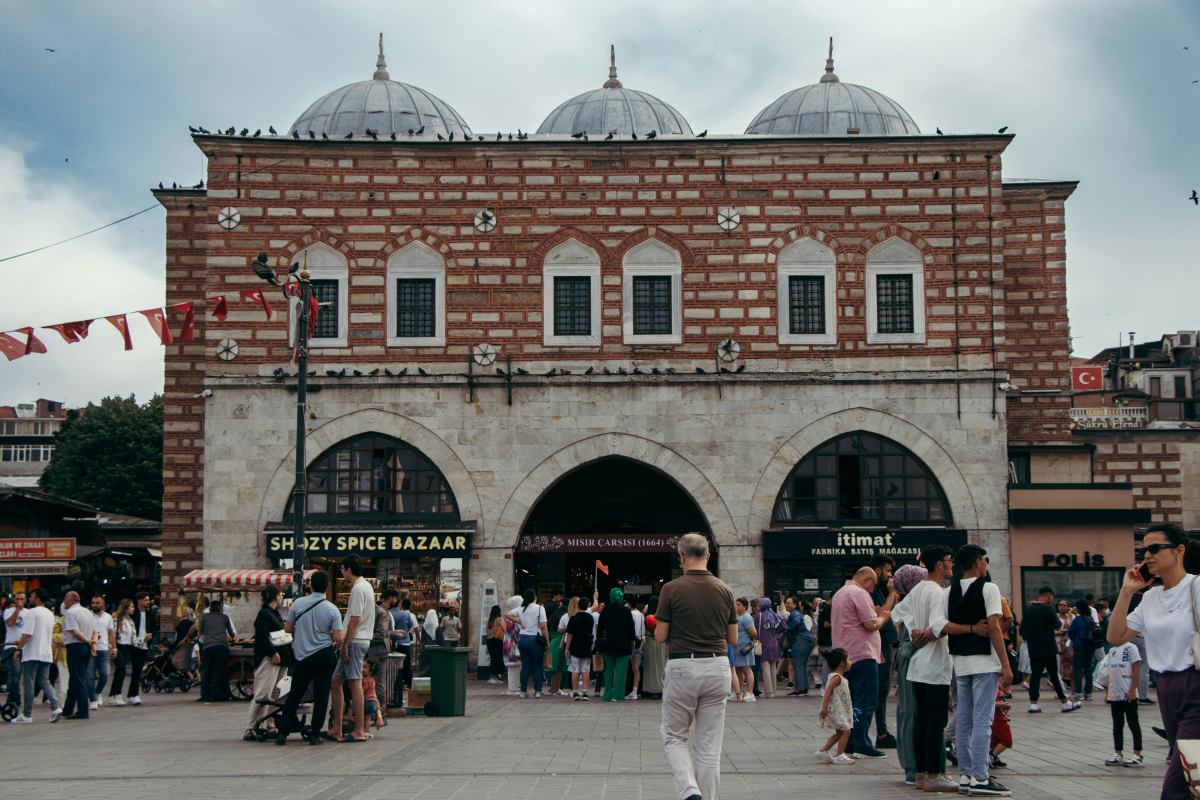
The Entrance of Mısır Çarşısı (Spice Bazaar) from Emiönü Square
Architecture: A Vaulted Ottoman Gem
The bazaar’s L-shaped layout features 88 vaulted rooms, six grand entrances, and high ceilings that echo with centuries of commerce and conversation. Historically, the upper floors of the Haseki Gate were used as courtrooms to settle disputes between merchants and customers, demonstrating how central the bazaar was to civic life.
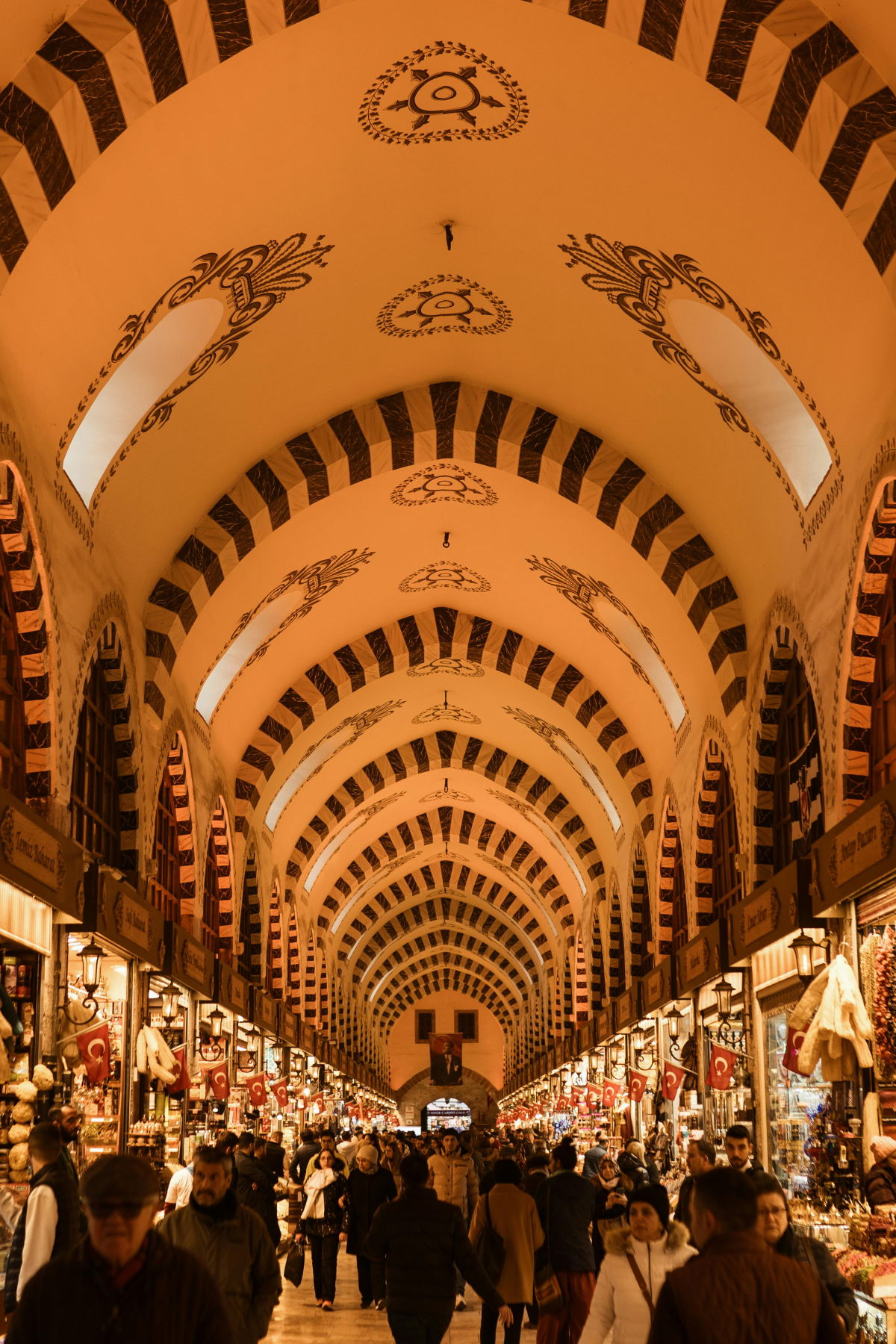
Inside the Spice Market with vaulted ceilings on the top
What to Do at the Spice Market
- Buy Authentic Spices & Teas: From saffron to sumac, cinnamon to clove, the market offers a dizzying range of herbs and spices.
- Try Traditional Snacks: Turkish delight, pestil (fruit leather), dried fruits, and roasted nuts fill the stalls with color and fragrance.
- Shop for Souvenirs: Find handmade soaps, glassware, textiles, jewelry, and natural remedies inspired by Ottoman-era formulas.
- Explore the Side Streets: Outside the main structure, browse stalls selling fresh seeds, plants, and staple groceries.
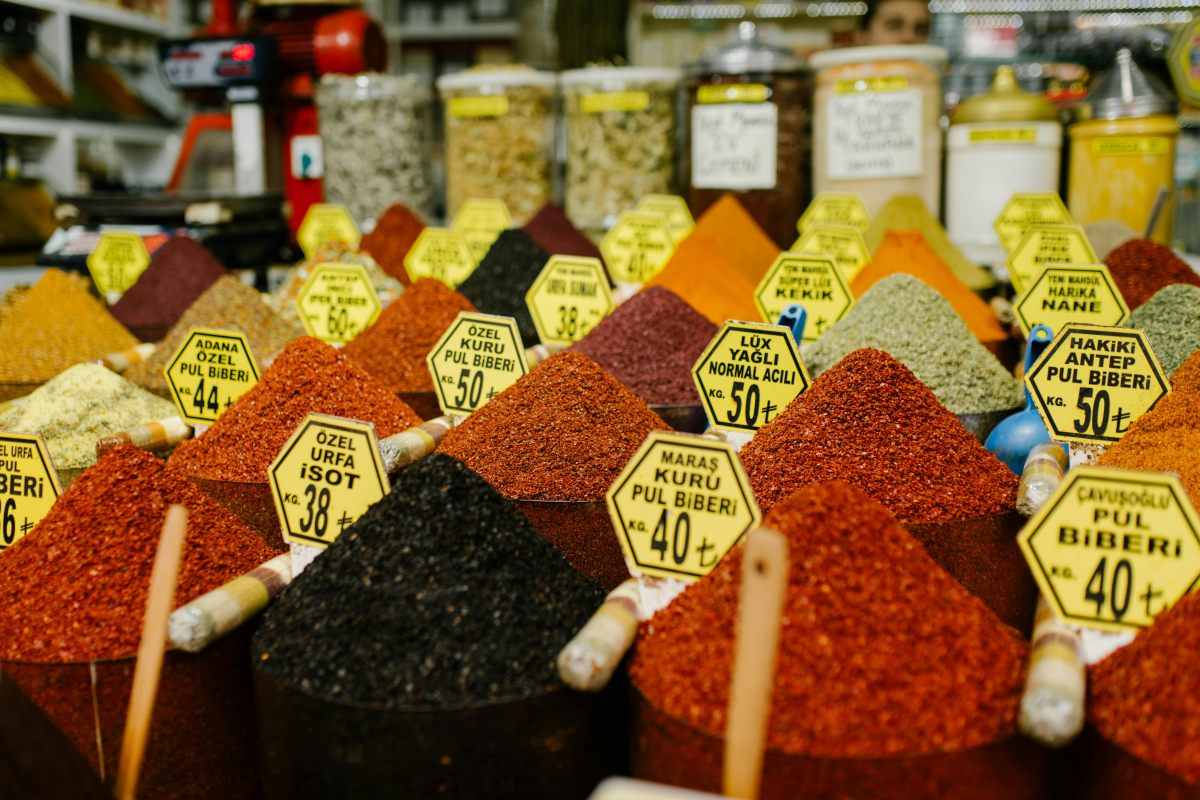
The bazaar is well-known for its spices and herbs
A Sacred Story: The Pigeons of Spice Market
Outside the Spice Market, flocks of pigeons have gathered for centuries. Many locals feed them out of tradition and reverence. According to Surah Al-Ankabut (29:33-34) in the Qur’an, when Prophet Muhammad sought refuge in a cave, a spider spun a web and a pigeon nested at the entrance, disguising his presence and protecting him. Istanbulites often associate these birds with this story, turning pigeon feeding into an act of quiet devotion.
Recommended Stops
- Pandeli Restaurant: Located at the main entrance, this historic eatery has hosted royalty and celebrities alike, offering Ottoman classics in a nostalgic setting.
- Kurukahveci Mehmet Efendi Mahdumları: Just outside the market, you’ll find this legendary coffee shop, perfect for buying freshly ground Turkish coffee.
🕒 Plan Your Visit
📍 Location: Rüstem Paşa, Erzak Ambarı Sok. No:92, 34116 Fatih/İstanbul
🕒 Hours: Daily 10:00–20:00 (Closed during public holidays)
🚇 Public Transport: Tram T1 (Eminönü Station)
🌐 Website: https://misircarsisi.com/
